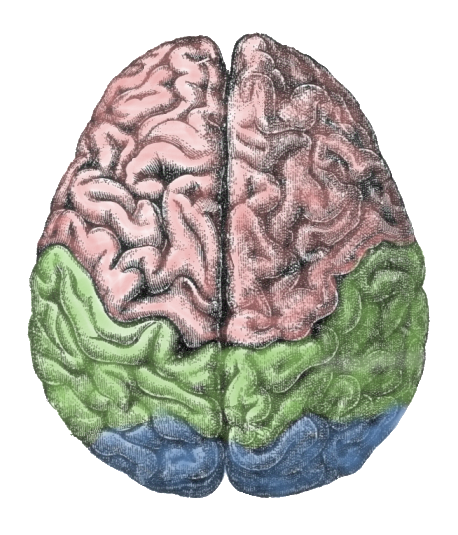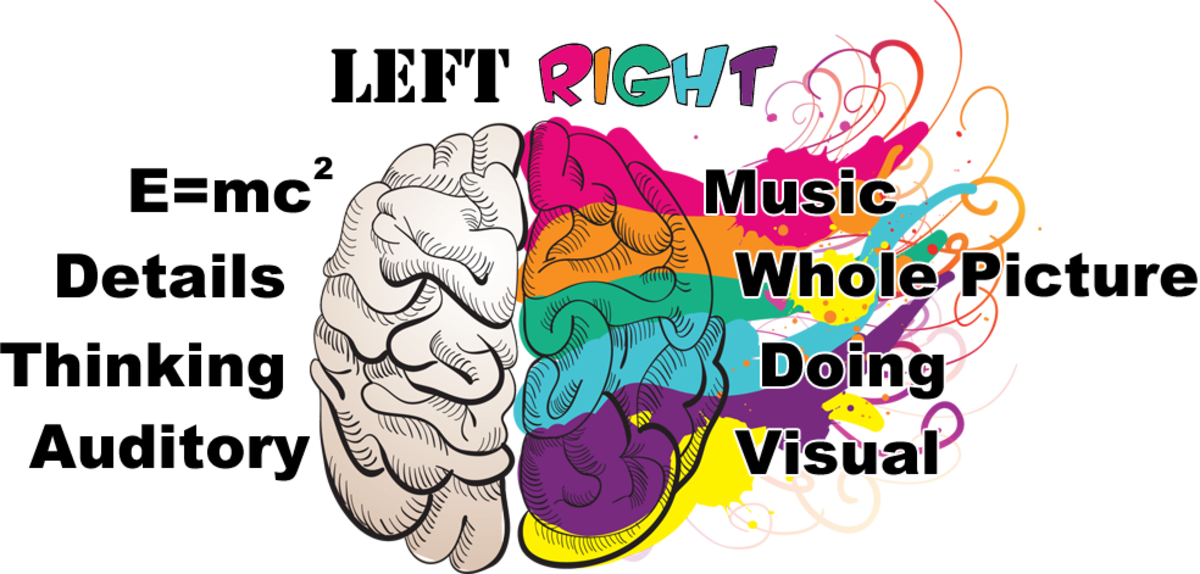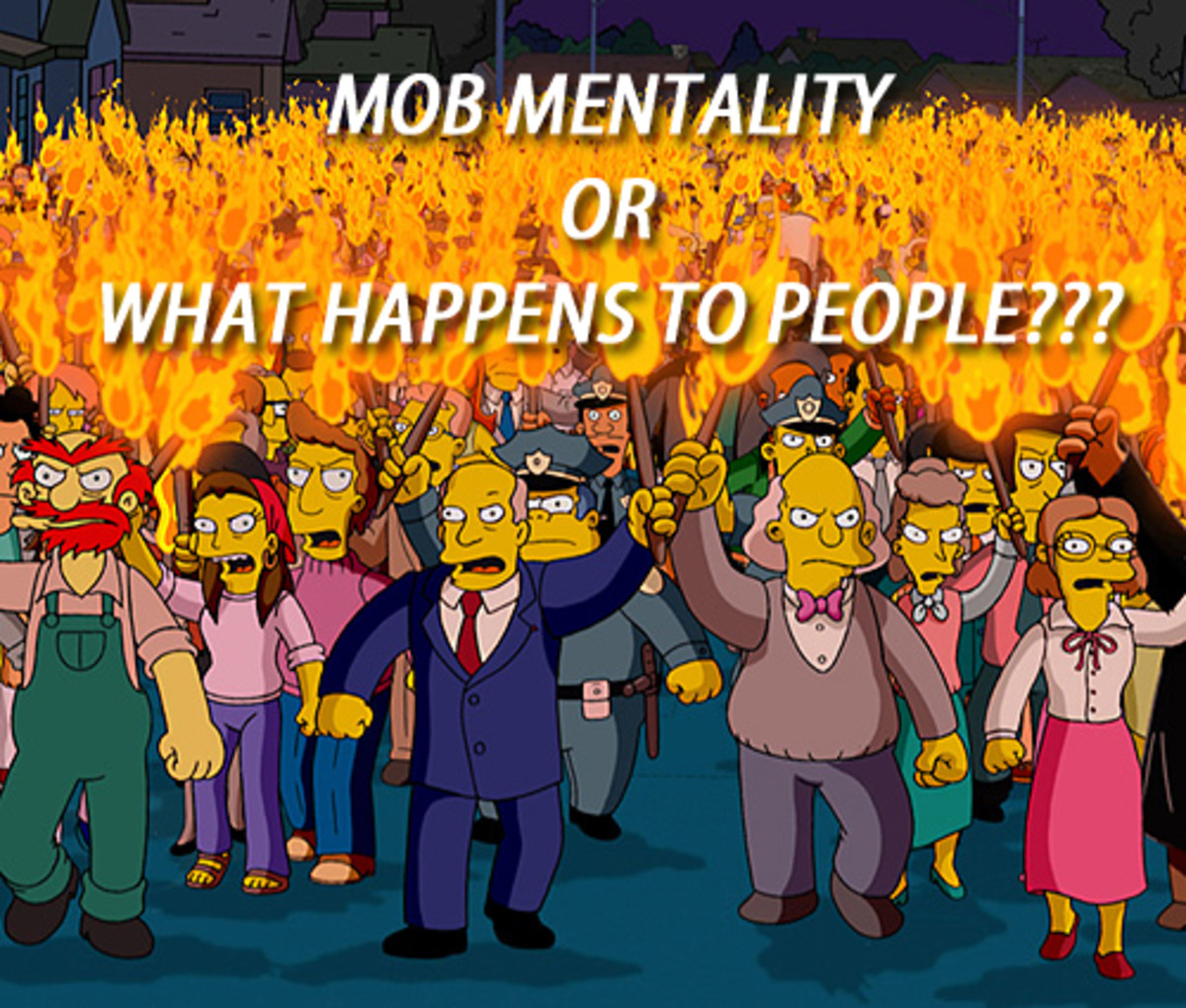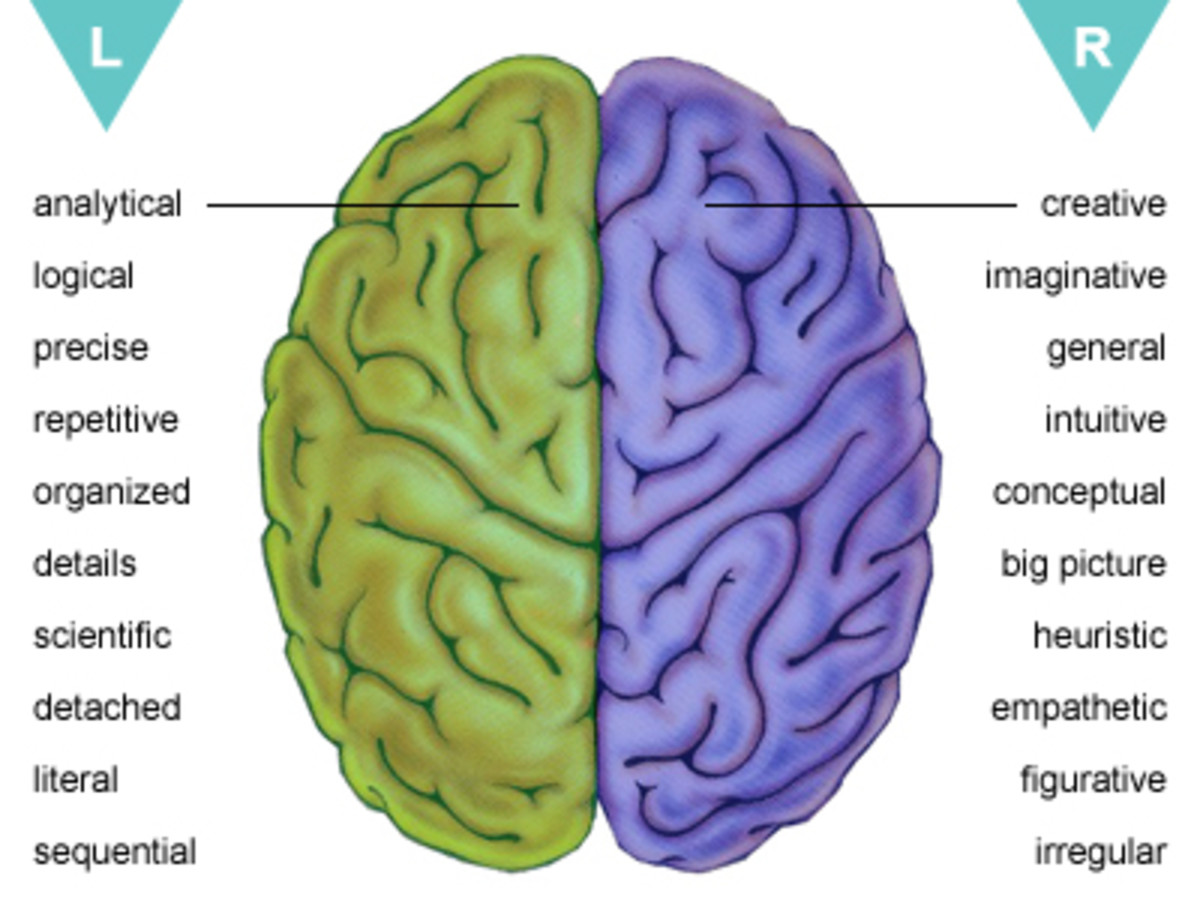Some Brass Tacks on the Brain

Like people and fingerprints, no two brains are identical. A vast plethora of variants contribute to the health, development and performance of the brain which include, but are far from limited to environment, practice, exercise, learning and even genetics. Perhaps the most widely observed and well documented differences in human brains are those between genders.
Male brains are typically larger than female brains, but female brains tend to exhibit greater cortical complexity or more folds. Gray and white matter distribution is also dissimilar between genders. Male brains have more gray matter in their left hemisphere than in their right while in female brains, the white and gray matters are more evenly distributed between hemispheres.
Aside from the differences in size and appearance, apparently male and female brains function in different ways too. Professor of psychology, Don Hockenbury describes the male brain as “more asymmetrical and functions are more lateralized” than in female brains and “Female brains appear to have better connections between the two hemispheres” which gives females an advantage in language and analytical processing. Other skills tested such as memory were the same. While male and female brains functioned differently to reach the same conclusions, neither was clearly superior.
Other studies conducted have sought to find the difference between average brains and that of Albert Einstein. These studies found that there were indeed differences. They found that there were more glial cells per neuron in Einstein’s brain than in the average brain; his brain weighed 170 grams less than the average brain; his cerebral cortex was thinner than average, but packed a greater density of neurons within it. This shatters the notion that a bigger brain is a better brain. Unusual grooves were also found on Einstein’s parietal lobes which are thought to be important in math and his brain was 15% wider than average. The problem with these studies was there was only one mathematical genius in the experimental group. Until science can acquire more super brains to scrutinize, these studies are little more than amusing oddities. Many adhere to the idea that average folks only use 10% of their brains and those geniuses like Einstein use more. Neuroscience has debunked this myth.
The sci-fi enthusiast in me has always clung to the 10% concept in hopes that our species would one day unlock the other 90% so we could bend spoons with our minds and levitate. (Sad face) bah! Stupid science! But seriously, turns out, it’s a myth. It is thought this myth might have been started when psychologist William James said “We are making use of only a small part of our possible mental and physical resources.” Some think the myth was perpetuated to encourage people to think harder, which I guess makes sense. Oh well, at least I am still in my right mind. Right? Wrong!
Being a lefty, I have always been fond of saying that I was one of the only people I know in their right mind. Blasted science strikes again! Once more, a myth. While certain processes are specialties of one hemisphere or the other, there is no evidence that left handed people are more creative, emotional or free spirited than righties. Furthermore, there is no evidence that right handed people are more rational or analytical than lefties. It turns out that we rely on both hemispheres of the brain functioning interdependently to accomplish most tasks. So much for me blaming my analytical shortcomings on my right mindedness. Apparently I can no longer blame my sordid past for them either.
As a teen, I was told that alcohol would kill my brain cells and that I should want to hang on to those brain cells because those I was born with, were all I would ever have. Guess what, neither is true. Ah, finally a debunked brain myth I can feel good about. Alcohol increases the activity of GABA, a neurotransmitter which causes neurons to rest which in turn reduces brain activity and depresses the brain centers which govern your self control and judgment. So, while alcohol dims your bulb for a spell, it doesn’t kill your brain cells. And so what if it did; we’ll make more. Our brains are generating new cells right now and will continue to do so until we die.
The most complex object in the known universe resides between our ears. The human brains capacity to learn and adapt is extraordinary. The average human brain contains 100 TRILLION synaptic interconnections and studies of neuroplasticity have shown that learning actually changes the physical structure of the brain. This successfully demystifies the myth that “you can’t fix stupid”. So if you think you’re stupid, don’t think you have to stay that way. Just open your mind.
Works Cited
http://www.brainfacts.org/neuromyths/
http://faculty.washington.edu/chudler/ein.html
"Psychology / Edition 6 by Don H. Hockenbury, Sandra E. Hockenbury." Barnes & Noble. N.p., n.d. Web. 13 Jan. 2013.








